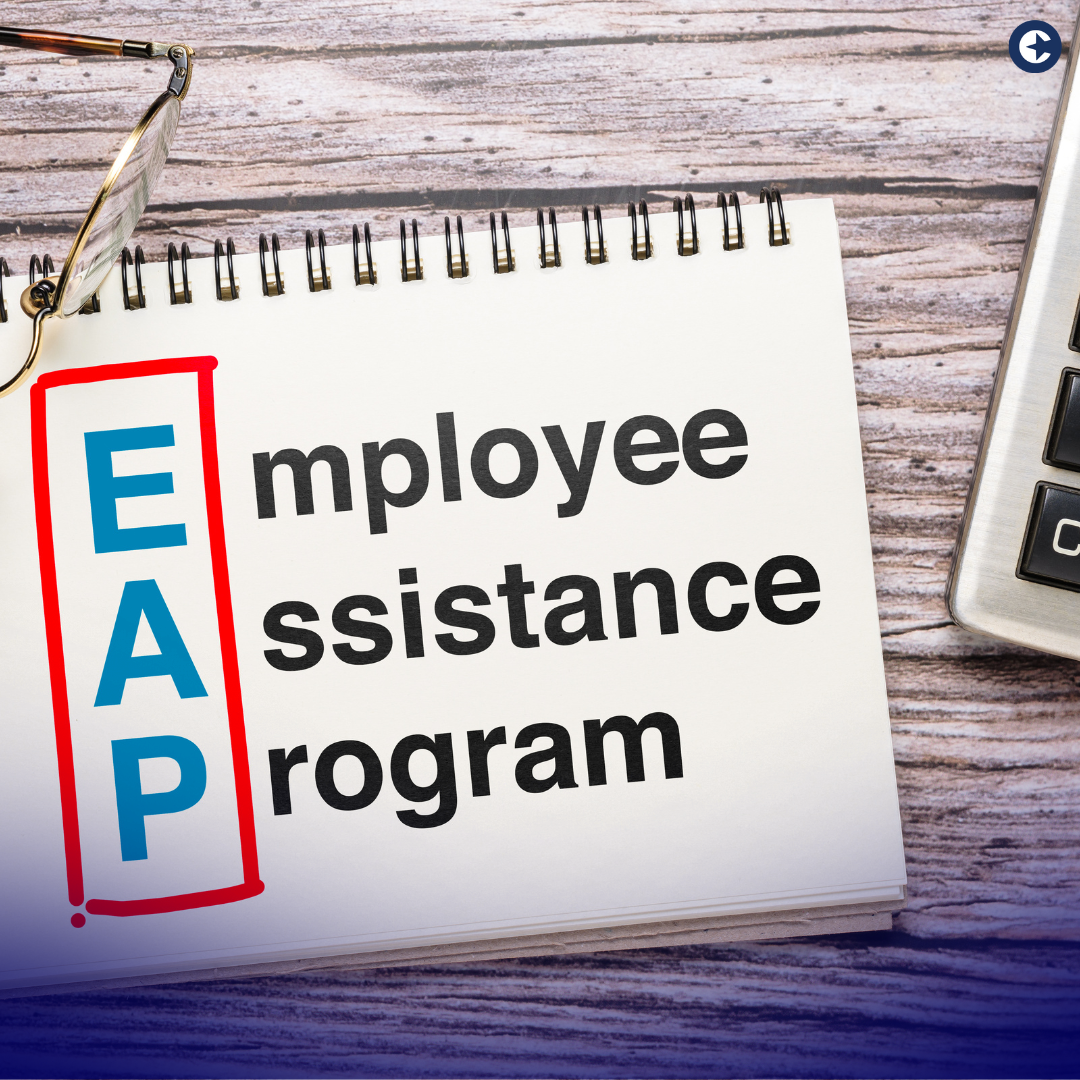Introduction: Employee Assistance Programs (EAPs) are often recognized for providing confidential counseling services, but their benefits extend far beyond mental health support. Many employees and employers alike might not be fully aware of the extensive resources and services that EAPs can offer. This blog sheds light on some of the lesser-known, yet invaluable, benefits of EAPs that can enhance personal well-being and workplace productivity.
1. Legal Consultation and Support: EAPs often provide free or discounted legal consultation services. Whether you’re dealing with a rental agreement, need advice on family law matters, or have questions about estate planning, EAPs can connect you with legal professionals to guide you without the hefty fees normally associated with legal advice.
2. Financial Planning and Debt Management: Financial stress is a common concern that can significantly impact an employee’s mental and physical health. EAPs typically offer access to financial advisors who can assist with budgeting, debt management, and retirement planning. These services aim to provide peace of mind by helping employees make informed financial decisions.
3. Work-Life Balance Programs: Maintaining a healthy work-life balance is crucial but often difficult to achieve. EAPs can offer support through programs and resources that help manage life’s demands. This might include referral services for childcare, eldercare, or even pet care, which can alleviate personal pressures and improve focus and productivity at work.
4. Crisis Intervention: In the event of a critical incident, such as a natural disaster, workplace accident, or traumatic event, EAPs provide immediate psychological support and intervention. These services are designed to help employees and organizations navigate the aftermath of serious incidents, offering support and strategies to manage stress and trauma.
5. Substance Abuse Programs: While it’s commonly known that EAPs offer support for substance abuse issues, the depth of this support is often underappreciated. Beyond initial assessments and referrals, many EAPs provide ongoing recovery support, including access to support groups, recovery planning, and follow-ups to ensure long-term success.
6. Wellness Programs: EAPs frequently offer wellness programs that go beyond mental health, including seminars and webinars on topics like nutrition, exercise, and sleep hygiene. These programs are designed to educate and encourage a healthier lifestyle, which can lead to reduced health-related expenses and increased energy and productivity.
7. Career Coaching: Some EAPs offer career development assistance, which can include resume reviews, career coaching, and even interview preparation. These resources are invaluable for employees looking to advance within their current role or explore opportunities elsewhere.
8. Cultural and Language Support: For workplaces with diverse cultural backgrounds, some EAPs provide resources and support that cater to specific cultural and linguistic needs. This can include language translation services and access to culturally competent counselors, helping to ensure that all employees receive support in the most effective manner.
Conclusion: Employee Assistance Programs are a multifaceted resource designed to support employees in various aspects of their lives, far beyond just crisis counseling. By taking full advantage of the range of services offered by EAPs, employees can improve their personal well-being and job satisfaction, while employers can benefit from a healthier, more engaged workforce. If your workplace offers an EAP, exploring these lesser-known benefits can lead to significant improvements in both your personal and professional life.



